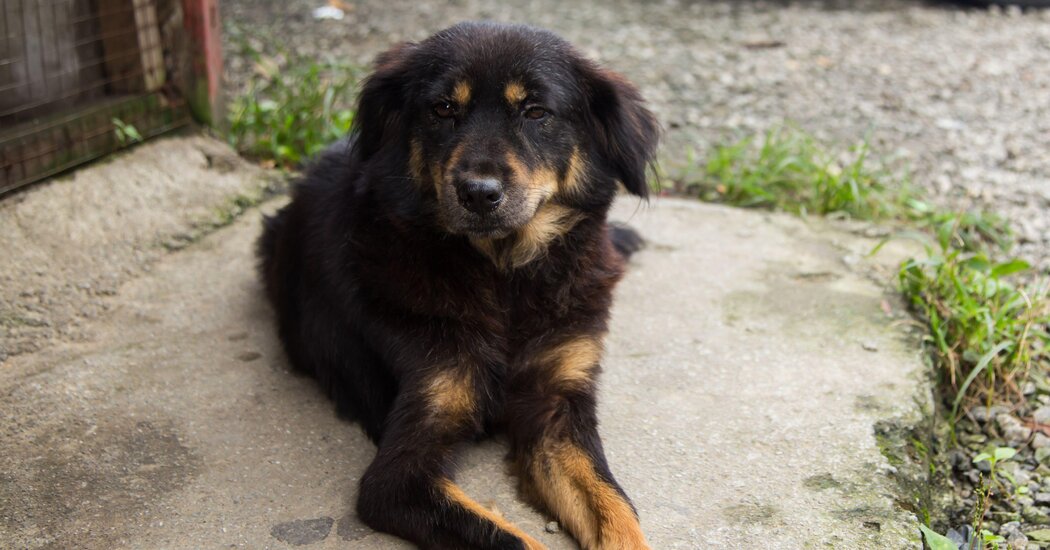

It also had an unusual genetic mutation, a deletion in what is commonly known as the N gene, which codes for an important structural protein. This deletion has not been documented in other canine coronaviruses, Dr. Vlasova said, but similar mutations have appeared in the viruses that cause Covid and SARS. “So what does this mean?” Dr. Gray asks. “Well, you know, we don’t know exactly.”
Although much more research is needed, one possibility is that the mutation may help animal coronaviruses to adapt to human hosts, the researchers said.
It is too soon to say whether this virus poses a risk to humans. Researchers have not yet proved that this virus is the cause of the pneumonia that sent patients to the hospital. And they have not yet studied whether people who may contract the virus from animals can spread it to other people.
“We have to be careful, because things show up all the time that don’t become outbreaks,” said John Lednicky, a virologist at the University of Florida who was not an author of the study.
Nevertheless, the study is “extremely important,” he said. “The fact that it’s a coronavirus again once again tells us this is a group of viruses that deserves further study.” He added, “We should take this seriously and look for it, because if we start seeing more cases, that’s when the alarm bells should go off.”
Indeed, one possibility is that coronaviruses may be spreading between humans and other species, including dogs, far more frequently than has been known.
“At this moment we do not really have any reason to believe that this virus is going to be causing a pandemic,” Dr. Vlasova said. “What kind of attention we want to draw to this research is that transmission of coronaviruses from animal sources to humans is probably a very, very, very common event. And up until now it was mostly ignored.”